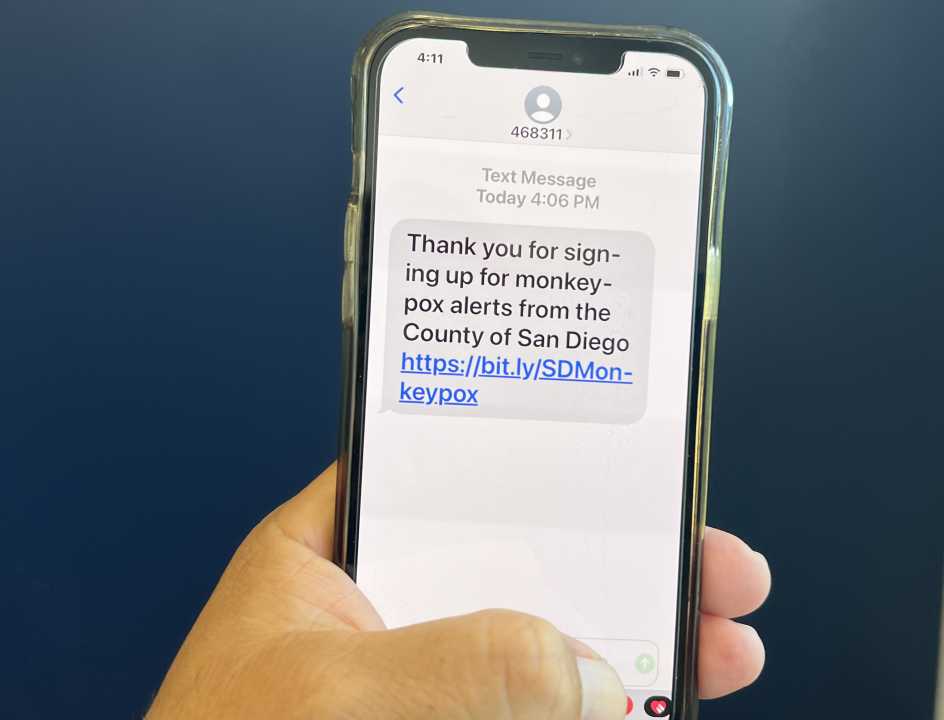Health
New Monkeypox Strain Sparks CDC Alert

The Centers for Disease Control and Prevention (CDC) has issued a health alert following a worrying outbreak of monkeypox in the Democratic Republic of the Congo (DRC). This alert was announced on August 7, with updates continuing as the situation develops.
This is now the second time since 2022 that the World Health Organization (WHO) has declared a global health emergency because of monkeypox cases. Last year, in July 2022, the virus spread rapidly across several countries through sexual contact, leading to the declaration of a public health emergency. However, this was lifted in May 2023 after a noticeable drop in global cases.
Since that declaration, reported monkeypox cases surged, with over 15,600 cases and 537 deaths worldwide this year alone. The continent has seen even more alarming figures, with more than 17,000 cases noted in 2024. This surge is attributed to a new strain of the virus that appears to be more contagious and deadly.
Fortunately, no confirmed cases of this new strain have yet been reported in the United States. Currently, authorities are monitoring the situation closely. As of April 13, Florida recorded 59 confirmed cases of monkeypox for this year, and a data update on August 18 noted around 1,800 cases, although there seems to be a discrepancy with CDC and WHO reports.
Panicking as the virus spreads across 13 African countries, including Uganda and Nigeria, the Africa CDC has reported 500 deaths and has requested international medical assistance.
The CDC describes typical monkeypox symptoms, which include a rash that can appear on various body parts, including the face, feet, and private areas. The virus usually has an incubation period of 3 to 17 days, during which affected individuals may not show symptoms.
According to experts, monkeypox was initially believed to spread mainly from monkeys, but the actual source remains uncertain. Scientists suspect that certain African rodents and non-human primates could potentially harbor the virus.
Since its first recorded case in 1970 in the DRC, mpox has started appearing more frequently in areas outside Africa, leading to concern and increased awareness.
For testing, the CDC advises individuals to get tested only if they develop a rash consistent with that of monkeypox. It has also acknowledged that the virus was once referred to as “monkeypox” but now prefers using the name “mpox” to avoid stigmatization.












